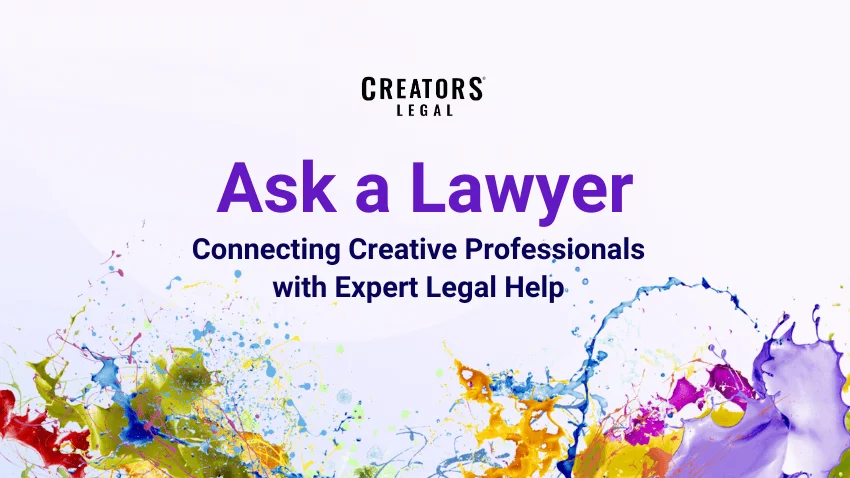As a content creator, you know how valuable sponsored content can be. It not only helps you monetize your platform but also allows you to collaborate with brands and showcase your creativity. However, it’s important to follow the Federal Trade Commission (FTC) guidelines for sponsored content disclosure to ensure that your audience knows when content is sponsored. Failure to comply with these guidelines can result in fines and legal consequences. In this blog post, we’ll discuss what you need to know about FTC disclosure guidelines for sponsored content.
What is the FTC and Why Do They Regulate Sponsored Content?
The FTC is an independent agency of the US government that aims to protect consumers and promote competition. One of the ways the FTC does this is by regulating advertising, including sponsored content. The FTC requires content creators to disclose sponsored content to ensure that consumers are not misled by advertising. Failure to disclose sponsored content can be seen as deceptive advertising, which is illegal.
What Constitutes Sponsored Content?
According to the FTC, sponsored content is any content that is created for an advertiser or is influenced by an advertiser. This includes posts on social media, blog posts, videos, and any other content that is created to promote a brand or product. If you receive payment, free products, or any other type of compensation for creating content, then that content is considered sponsored. It’s important to note that even if you receive a discount or a free product, you still need to disclose that the content is sponsored.
How to Disclose Sponsored Content.
The FTC requires that sponsored content be disclosed in a clear and conspicuous manner. This means that the disclosure should be easy for your audience to notice and understand. A simple hashtag like #ad or #sponsored may not be enough, especially if it’s buried in a long caption or post. Here are some tips on how to disclose sponsored content:
- Use clear language: Use language that your audience will understand, such as “sponsored,” “paid partnership,” or “advertisement.”
- Use a clear and conspicuous disclosure: Make sure that your disclosure is easily noticeable and stands out from the rest of the content. You can use bold letters, a different font color, or place the disclosure at the beginning of the post or caption.
- Be upfront: Don’t bury the disclosure in a long caption or post. Make sure that the disclosure is at the top of the post or caption, where it’s easily noticeable.
- Use the right platform: Each platform has its own guidelines for sponsored content disclosure. For example, on Instagram, you can use the “paid partnership” tool to disclose sponsored content. On YouTube, you can use the video description box to disclose sponsored content. Make sure that you’re familiar with the guidelines for each platform you use.
- Be consistent: Make sure that you’re disclosing sponsored content consistently across all platforms. If you disclose sponsored content on Instagram but not on your blog, then you’re not following FTC guidelines.
What Happens if You Don’t Disclose Sponsored Content?
Failure to disclose sponsored content can result in fines and legal consequences. The FTC can impose fines of up to $11,000 per violation. In addition to the fines, the FTC can also require you to stop creating sponsored content or require you to undergo compliance monitoring for a certain period. If you receive a lot of sponsored content opportunities, it may be worth consulting with a lawyer to ensure that you’re following the guidelines correctly.
Conclusion Sponsored content can be a great way to monetize your platform and work with brands that you love. However, it’s important to follow FTC guidelines for sponsored content disclosure. Failure to do so can result in fines and legal consequences. By using clear language, being upfront, and using the right platform, you can ensure that your audience knows when content is sponsored and maintain your credibility as a content creator. Remember to disclose sponsored content consistently across all platforms and consult with a lawyer if you’re unsure about FTC guidelines. By following these guidelines, you can create sponsored content that’s both legal and ethical.
The Wrap
If you’re a content creator, it’s important to ensure that your work is legally protected. This is where Creators Legal comes in. Creators Legal is a tech platform that offers over 200 legal contracts for creators. These contracts cover everything from content licensing to influencer agreements and are designed to be easy to use and accessible. With Creators Legal, you can get the legal solutions you need without having to hire expensive lawyers. Plus, their platform is fully optimized to make the legal process as simple and hassle-free as possible.
Creators Legal is the first and only legal platform for content creators. Find here a fast and easy way to craft simple, yet trustworthy contracts for creatives like you.
Get a powerful form builder, a safe e-signature system, and your own personalized dashboard to store and manage all your contracts. Protect yourself in minutes without pricey entertainment attorneys!






